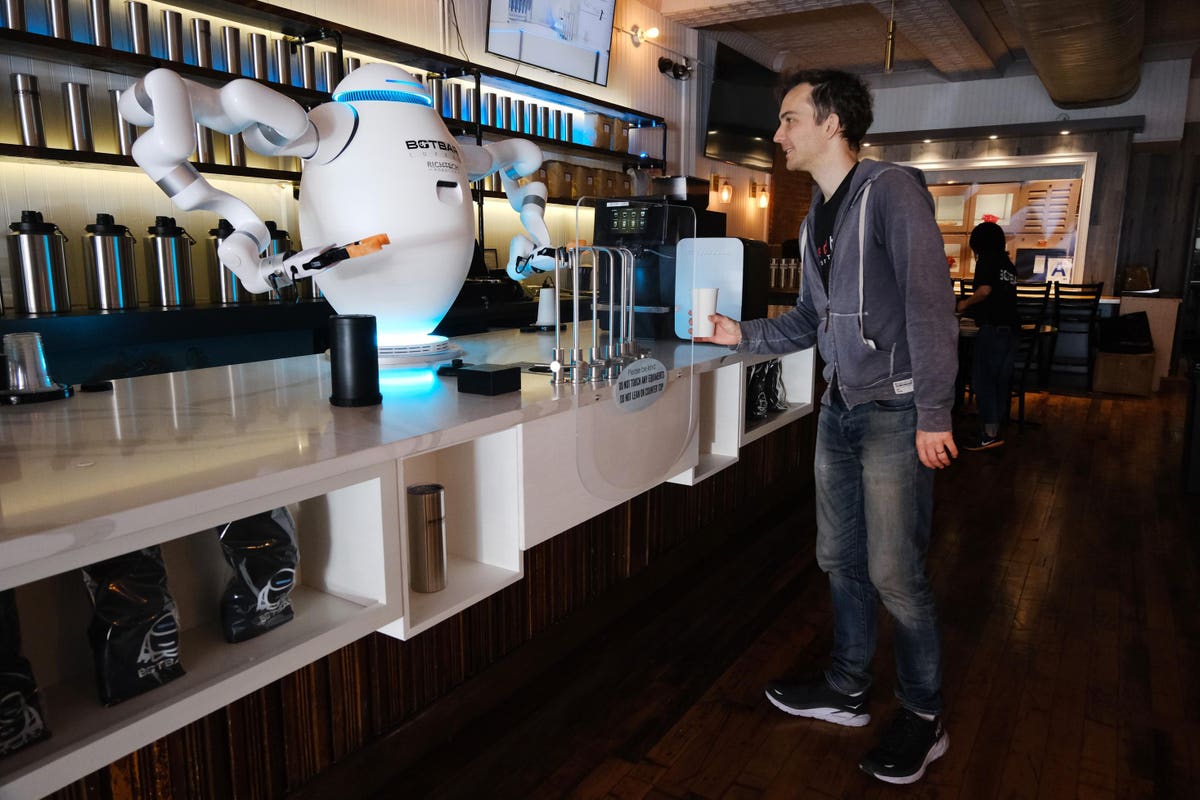
Artificial Intelligence (AI) has been making significant advancements in recent years, raising concerns about the future of jobs traditionally held by humans. New AI tools like ChatGPT and Midjourney have the potential to automate various tasks, leading to fears about the future of careers in writing, digital art, and other fields. However, it is crucial to consider the nuances and potential benefits of AI that many people overlook.
One aspect to consider is how AI can create entirely new jobs that have never existed before. As AI takes over more mundane and repetitive tasks, it frees up humans to take on more complex and creative roles. For example, prompt engineers, who write questions and text for AI chatbots, now have career opportunities that were unimaginable just a few years ago. Many of these jobs do not even require a STEM degree, making them accessible to a broader range of individuals.
Furthermore, AI has the potential to enhance existing jobs and industries rather than replace them entirely. In fields like medicine, AI can gather data and create diagnoses faster than humans, allowing healthcare professionals to focus on applying their expertise and providing personalized care. Agriculture, teaching, science, engineering, and many other fields can also benefit from AI as an assistant rather than a threat to job security.
While these advancements in AI may raise concerns about job security, historical data has shown that new technology actually creates more jobs than it eliminates. It’s not necessarily about the number of jobs available but rather a shift in where those jobs are. For example, automation has eliminated some roles in the banking sector, but it has also led to a significant increase in accounting positions over the years. This pattern suggests that as AI takes over repetitive tasks, humans can explore new areas of work and expand into industries that were previously inaccessible.
In addition to AI, the rise of decentralized computing, or Web3, services further augments the job market. Web3 and blockchain technology offer new ways to enforce contracts, compensate employees, and find job opportunities. Web3-based identities, stored in wallets that individuals control, can revolutionize the job hunt by automating the process and ensuring the authenticity of qualifications. Companies can also be provided with curated lists of potential hires based on their qualifications, streamlining the recruitment process.
Moreover, Web3 and AI together can create a better jobs market for businesses and employees. By utilizing Web3 IDs, job contracts can be made on-chain, making them virtually impossible to break. This helps combat exploitative work practices and ensures that workers are paid as agreed. Overall, AI and Web3 have the potential to enhance the job market, create new opportunities, and improve efficiency in connecting positions with qualified candidates.
While concerns about AI’s impact on jobs are valid, it is essential to embrace the positive opportunities that AI and Web3 bring. The future of work is likely to be a collaboration between humans and AI, where humans leverage AI as a tool rather than seeing it as a threat. By understanding and harnessing the power of AI, individuals and businesses can benefit from its capabilities, enhance their skills, and accelerate their career growth.






